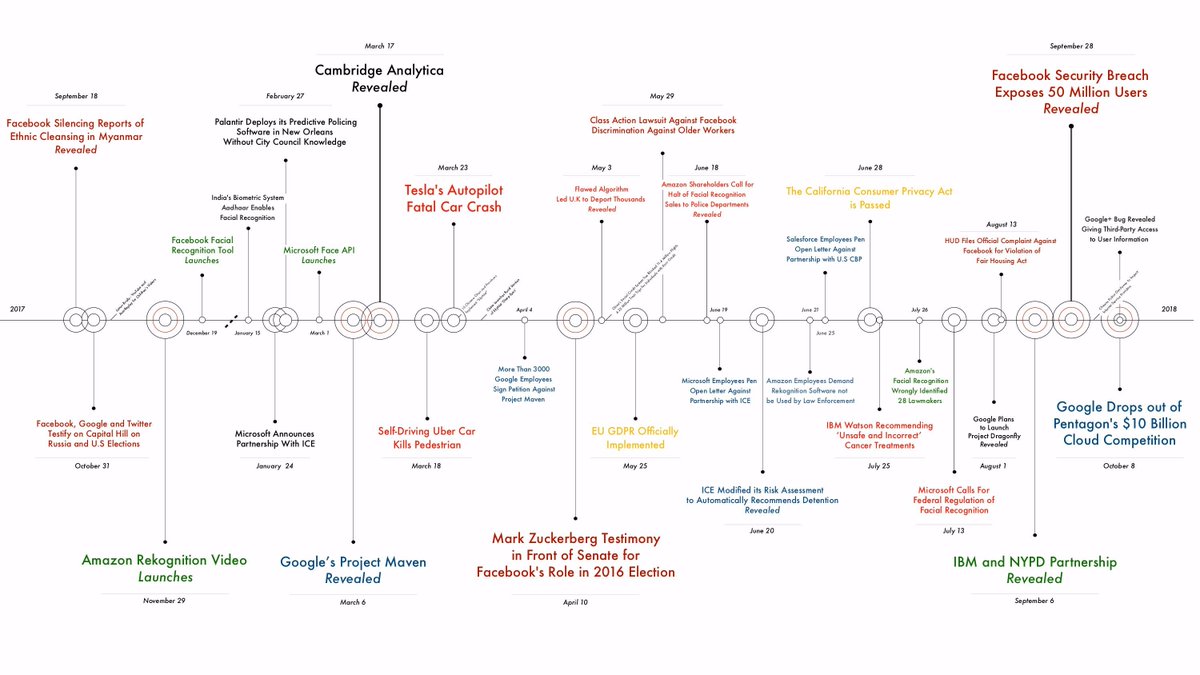
The AI Now Institute produces diagnosis and actionable policy research on artificial intelligence.
How to get URL link on X (Twitter) App




 We must ask questions: Who is developing this technology, for whom, for what, and with what data? Who profits? And then as a corollary: Who holds sovereignty and ownership rights to the data; what is at stake, and for whom, in the resulting applications? (2/7)
We must ask questions: Who is developing this technology, for whom, for what, and with what data? Who profits? And then as a corollary: Who holds sovereignty and ownership rights to the data; what is at stake, and for whom, in the resulting applications? (2/7) 

 How should biometric data be defined? Do emotion recognition systems fall within the definition of biometrics in the law?
How should biometric data be defined? Do emotion recognition systems fall within the definition of biometrics in the law? 



